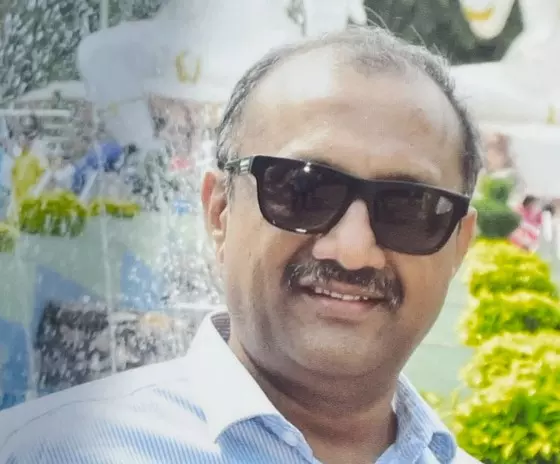Centre denies further aid, AP mulls Plan B for DBT

HYDERABAD: Chief Minister Y.S. Jagan Mohan Reddy-led Andhra Pradesh government seems to be in a desperate search for a Plan B in implementing its high-profile cash transfer scheme of Navaratnalu following severe financial crisis.
The Centre, as well as financial institutions, are said to have informed the state government of their decision not to extend further loans making it
extremely difficult to meet the Direct Benefit Transfer (DBT) expenditure and the regular establishment cost including salaries and pensions. The government is spending all its energies as well as funds on these two head of accounts besides debt servicing.
Official sources told this correspondent that the Chief Minister had realised the gravity of the situation fully and was looking for options to manage the crisis without compromising on Navaratnalu. One of the suggestions made to him was staggered implementation of the schemes deviating from the current practice of adhering to a strict schedule of releasing funds for the DBT, sources pointed out.
“Time has come to go back to the drawing board and redraw strategies,” said
a senior official. In the absence of loans, the state will face a shortage of at least Rs 4,000 crore to meet DBT and establishment costs alone, he said, adding that the DBT benefits should be transferred in phases to beneficiaries or part payments should be made to all.
Sources said the top brass of the State Bank of India, in a recent meeting held in Mumbai with the state finance managers, conveyed its inability to
extend loans despite the sovereign guarantee being provided by the
government. The denial of banks and other financial institutions was part of
the stringent decision taken by the Union finance ministry against what they
perceived as “mismanagement” of borrowing procedures. Union finance minister Nirmala Sitaraman, in her recent visit to the state, conveyed her
displeasure over the borrowing procedures and warned of bringing the state
financial management under close scrutiny, sources added. Agencies like
Accountant General already began probing into the allegations of
mismanagement of borrowing procedures.
The state government, over a few months, made it a common practice of
depositing salaries and pensions in phases and sometimes the employees were paid as late as in the second week instead of the decades-old tradition of paying salary or pension on the first day of the month. Several
infrastructure works including repairing of roads or flood banks in Godavari
districts suffered due to unwillingness of contractors to execute works fearing non-payment by the government. Sources said the much-awaited loan of Rs 2,000 crore for improving the road network across the state also did not materialise so far.

